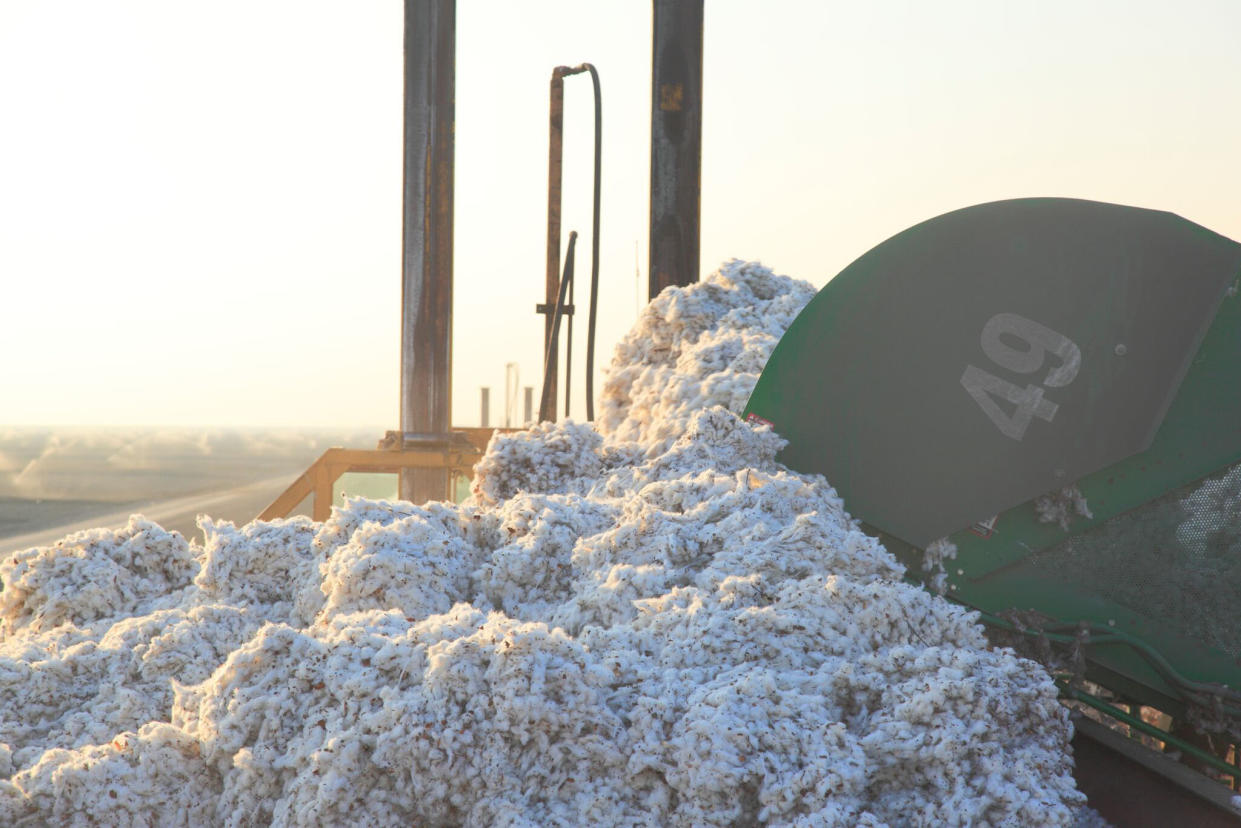Traceability Resurfaces as Key Trend in Supply Chain Initiatives

Brands and retailers striving for authenticity, sustainability and transparency throughout the global supply chain is driven by growing consumer demand. Even more so, the attention of fiber, fabric properties and garment construction methods that bear traceability in mind involves innovation and collaboration across the textile industry.
Albini Group, an Italian premium textiles company, Supima Cotton and Oritain, a forensic textile testing service, collaborated to create the first 100 percent scientifically traceable Supima organic cotton fabric for global luxury group Kering. To create its fully traceable fabric, Oritain examined individual chemical properties of the fiber at every stage using forensic science to dispel any threat of substituting, blending or tampering of the fiber. The initiative aims to instill confidence in the end consumer and provide added guarantee in product authenticity whilst further aligning with brand standards, as well as create industry standards for traceability.
Marc Lewkowitz, president and chief executive officer at Supima, compared the concept of traceability to fingerprints, noting that the advancement of chemically analyzed fibers “enables the group to implement complete supply chain verification that can match the identity of the cotton to the inherent natural identifiers” attained during growth.
Monitoring each stage of the process ensures that each step is traceable and that the finished fabric is fully authentic. Stefano Albini, president of the Albini Group, said the firm opted to work with Oritain because of the brand’s reputation as an “authoritative scientific partner.” Albini is a key member of this collaboration, presiding over the weaving and dyeing process that exclusively uses organically grown Supima cotton.
Serving to exemplify greater visibility and verifiable best practices in their supply chain, Kering added that traceability — particularly in a fragmented global fashion industry — is “imperative to create real change,” said Cecilia Takayama, director of the materials innovation lab at Kering. Takayama added, “At Kering, we are focused on sustainable raw material sourcing and this innovative technology for our organic cotton supply chain will enable our Materials Innovation Lab greater visibility to verify farming best practices and fibre quality; ensure integrity within the supply chain; and guarantee alignment with our Kering Standards.”
Related stories
Everlane Commits to Plastic-Free Plan by 2021
Vionnet to Return as Eco-Friendly Brand, Ashkenazi Says
Jussara Lee Taking Her Message of Sustainability to a Multisensory Performance in New York
Get more from WWD: Follow us on Twitter, Facebook, Newsletter

